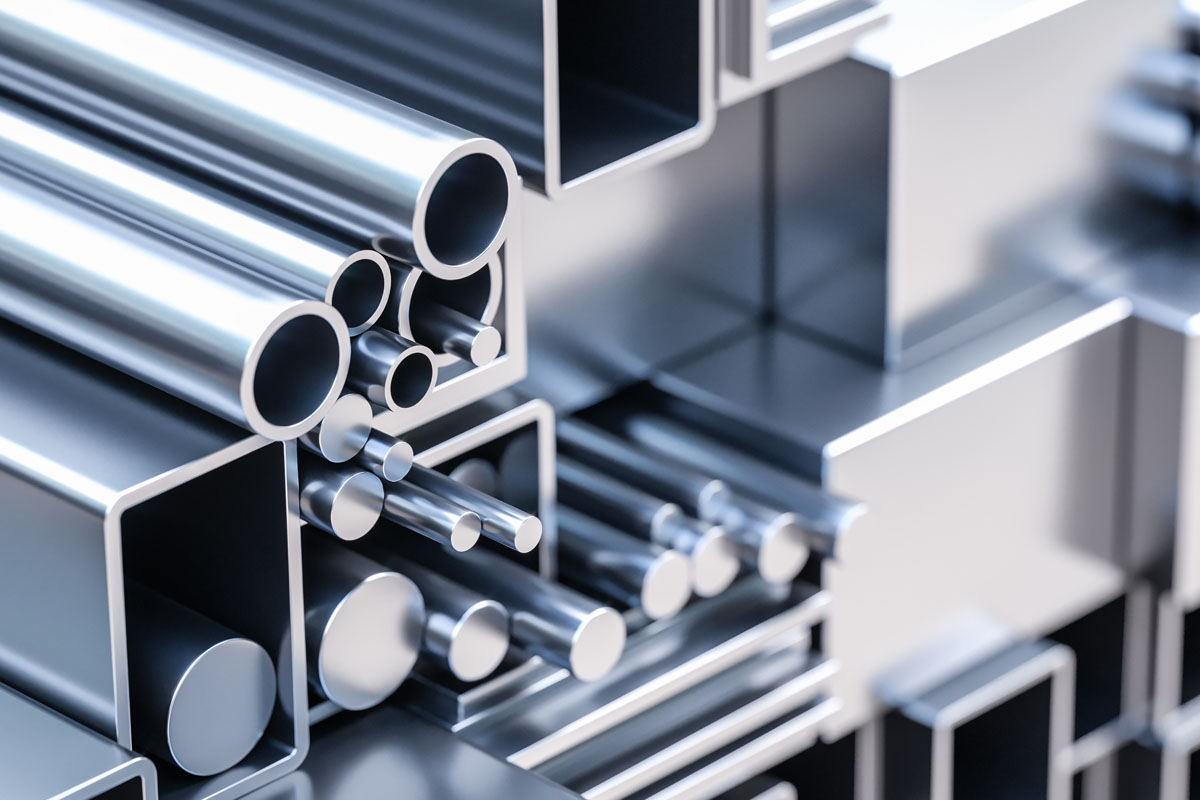Material Selection for Sheet Metal: Finding the Perfect Fit+ View more
Material Selection for Sheet Metal: Finding the Perfect Fit
+ View more
Date:2023-11-05 11:00
Introduction:
Welcome to our comprehensive guide on material selection for sheet metal projects. Choosing the right material is crucial for achieving optimal performance and meeting project requirements. In this article, we will explore the various aspects to consider when selecting sheet metal materials, ensuring that you can make informed decisions and find the perfect fit for your specific applications.
Understanding Material Considerations:
Material selection in sheet metal projects involves careful consideration of several factors. These include mechanical properties such as strength, ductility, and corrosion resistance, as well as cost, availability, and manufacturability. It's essential to assess the specific requirements of your project and prioritize the characteristics that are most critical to its success.
Common Sheet Metal Materials:
Familiarize yourself with the characteristics of commonly used sheet metal materials. Stainless steel offers excellent corrosion resistance and versatility, while aluminium provides lightweight properties and ease of formability. Carbon steel is known for its strength and affordability, while copper is valued for its electrical conductivity. Each material has unique properties that make it suitable for different applications.

Matching Materials to Applications:
Different applications require specific material attributes. Consider the environmental conditions, load requirements, and aesthetic considerations of your project. For example, if your application requires high strength and resistance to harsh environments, stainless steel or galvanized steel may be suitable. On the other hand, if weight reduction is a priority, aluminium or composite materials can be viable options.
Cost Considerations:
Cost is an essential aspect of material selection. Evaluate the overall project budget and balance it with the desired material characteristics. While certain materials may have superior properties, they might be more expensive. Consider alternative materials or explore cost-saving methods, such as optimizing designs or utilizing recycled materials, without compromising quality and performance.
Availability and Supply Chain Considerations:
Ensure that your chosen material is readily available from reliable suppliers. Consider factors such as lead times, geographical proximity, and supplier reputation. By assessing supply chain considerations, you can mitigate potential delays and ensure a smooth production process.

Conclusion:
Choosing the right material for sheet metal projects is crucial to achieving optimal performance and meeting project requirements. By considering factors such as mechanical properties, cost, availability, and application-specific needs, you can make informed decisions during the material selection process. Understanding the characteristics of different materials empowers you to find the perfect fit for your specific sheet metal applications, ultimately enhancing the performance and durability of your components.
Share to:
Recommend wonderful blog posts

